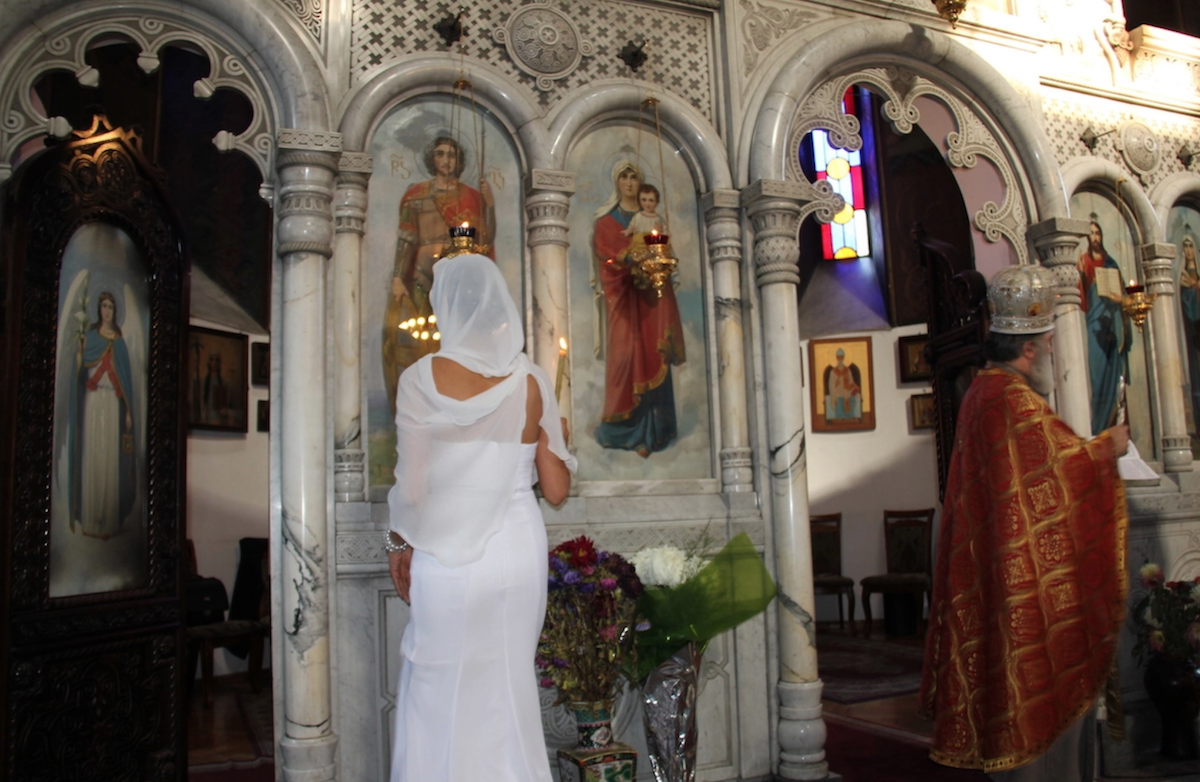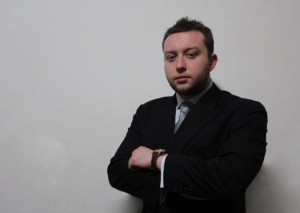Op-ed: The Church in Georgia is too involved in peoples' personal lives and it’s time to object it
Church and society in Georgia
I think if history has taught us anything, it’s that change only comes about as a result of the actions of the few, and following the hive mind of the many never leads anywhere good.
Martin Luther King’s Civil Rights Movement defied the odds, just like the suffragettes decades earlier, and so it must be with the Georgian Orthodox Church. Of course, it is hardly fair to compare the struggle against the Patriarchate with the obstacles faced by Dr. King or Emily Pankhurst; for one thing, there simply is no organized struggle against the Georgian Orthodox Church.
The Church still enjoys support from a staggeringly large portion of the population (thought to be as high as 95%), and while it has its opponents in sexual minority advocacy groups, foreign residents and liberal-minded Georgians, there is no unified movement.
Nobody has yet to acknowledge a glaring contradiction in the fabric of Georgian social and political discourse:
The less-than-subtle pro-Russian message of the Church, which calls for reconciliation between Moscow and Tbilisi on account of both being Orthodox, does not seem to come under fire by Georgian people who hate and fear their neighbor to the north.
Anti-Western rhetoric directed against pro-abortion and LGBT rights political philosophies seems to be enough to prevent many Georgians from noticing that in supporting the Church, they are very close to supporting the politics of Vladimir Putin.

Yet as shocking as reading the facts or watching the videos might be, nothing hits home harder than personal experience.
The contradictory nature of Georgians’ interactions with the Church has its roots in a total lack of common sense. I met a girl a few years ago who told me that she liked going to her priest for advice; I asked what sort of advice, thinking she was referring to spiritual guidance.
It turned out she asked him for his opinion about everything from what jobs she should apply for to what she should do with her boyfriend.
Perhaps this priest was an enlightened man with experience and knowledge of many fields and all walks of life, but I take leave to doubt it. I asked her – and I was generally interested and not being at all facetious – what advice could someone who had spent his adult life in a church give about her professional aspirations? Is there a story in the Bible where Jesus gives career guidance to the Disciples?
Furthermore, how can a man sworn to celibacy give relationship advice? Especially when the message of the Church to young women varies little beyond ‘Breed. Breed. Breed. But only after you get married!’.
She replied doggedly ‘He is a wise man, he is very clever’ like a parrot before leaving.
I like to think I might have planted some wise seeds of doubt, though. Some time ago, my wife and I had to attend the baptism of a child of some of her friends, who decided to call their daughter ‘Noelle’.
The priest of the day was, of course, an old man with a beard. He asked what the child’s name might be.
After being told that it would not be a Georgian name, things began to turn sour. He made it clear to the parents that he did not like the name at all, and demanded they choose a different one.
The parents, having anticipated trouble of this kind, suggested Tinatin, while intending to call the child by its real name at home. This was accepted, and the ceremony continued.
I was furious, and asked the parents why they had not said anything themselves. They shrugged and repeated that they had expected trouble of this kind, and anyway, they would call Noelle by her real name at home.
I understood their thinking, and it would have been painfully awkward to make a scene after dragging their friends halfway up a mountain.
But in truth I think that people need to stand up for their principles, and if liberal-minded modern Georgians like Noelle’s parents won’t, then no one will. And if the priest refused to baptize the baby with the ‘wrong name’, then fine – there is a point when a religion becomes a cult.
At this point, you are well within your rights to call me a hypocrite, since at my own wedding the priest looked at my wife and grunted: ‘Why are all the beautiful Georgian girls marrying foreign men?’.
In my defence, I will plead the following: I wanted the exotic look and feel of the ceremony for the overall spectacle of my wedding for my friends and family visiting from France and England, and anyway, I didn’t know he’d said it until my wife told me much later and showed me on the video.
You might recall that in recent years, Georgians have become very upset over the government installing secret surveillance cameras and tapping into phone calls and emails. Of course, they are right to be angry, but I think that there is another contradiction in that nobody – not even the liberal Georgians, and apparently not even me – ever tells the Church to get out of their personal lives.



















